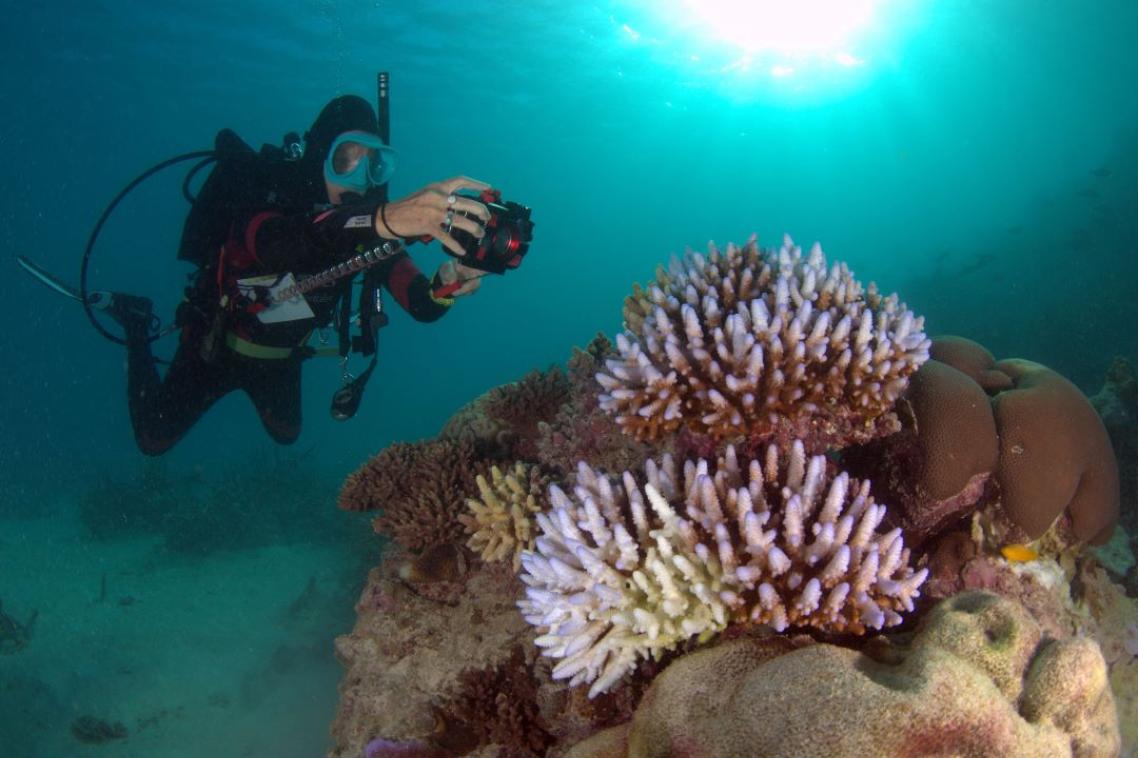Food for thought - iodine intelligence
The world's leading cause of preventable brain damage is related to iodine in the diet. A University of Queensland study hopes to determine the iodine status of young Queenslanders.
Volunteers are currently being sought by UQ's Children's Nutrition Research Centre to determine whether Queensland children are eating the right amounts of iodine.
According to Nutritionist Anna Walsh, who is part of the research team, Iodine can influence children's learning ability, moods, behaviour, metabolism and physical growth.
"Both iodine deficiency and iodine excess have been associated with autoimmune disease and lower IQ scores in children. Inappropriate iodine intake can have irreversible detrimental consequences on children's quality of life," she said.
Ms Walsh said the research team are hoping to find the link between the foods that children eat and their risk of iodine deficiency or excess.
"We believe that it's important to identify the impact of overall diet, and specific foods eaten by children, and why iodine intake varies amongst different groups of people," she said.
"Concerns about the level of iodine deficiency in Australia were expressed in 2006, which lead Food Standards Australia and New Zealand to implement the 2009 mandatory fortification of iodine into bread. The effectiveness of this public health intervention remains unknown and the change in iodine status associated with iodine fortification need to be monitored."
Volunteers living in South East Queensland are being sought to participate in this vital study. Researchers will be evaluating the urinary levels of iodine, thyroid hormones and dietary intake of children residing in different areas of the state.
Children aged 8-10 years and 2-3 years living in South East Queensland are eligible to take part in this study.
Media: Anna Walsh (07 3636 9294) or (0413 227 404) or kidsnutrition@uq.edu.au
Topics
Related articles

Thousands of Queensland reef photos lead to worldwide change

UQ to conduct world-first tests into effectiveness of magnetic heat shields for atmospheric re-entry of large spacecraft
Media contact
UQ Communications
communications@uq.edu.au
+61 429 056 139
